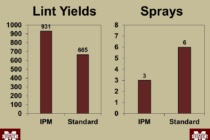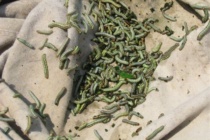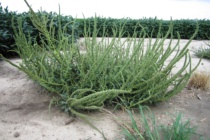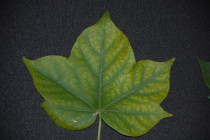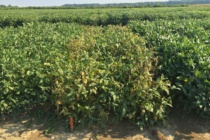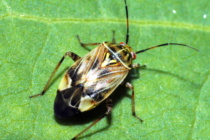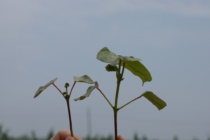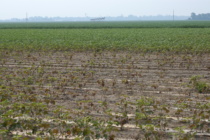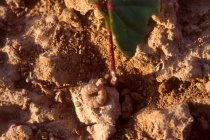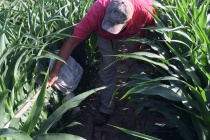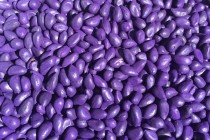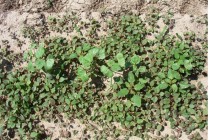👤Angus Catchot, Extension Entomologist
🕔11:42, 2.Mar 2016
Although commodity prices have not been exciting for any crop we grow, Mississippi is expected to see cotton acres increase as much as 40% this year. As we have been traveling the meeting circuit, the common denominator has been, “What inputs can we cut in an off year?” This has been asked of all crops lately, not just cotton. It seems that seed treatments are the first thing that comes up during this conversation in every crop; however, this is not a viable option in cotton.
Read Full Article▸

